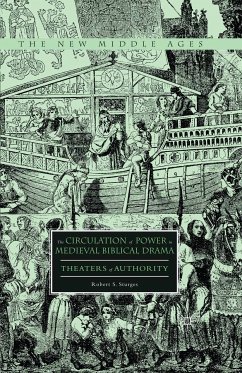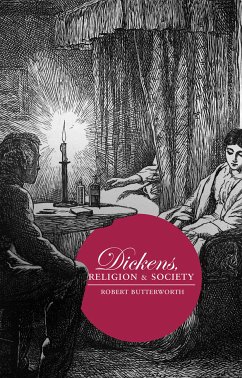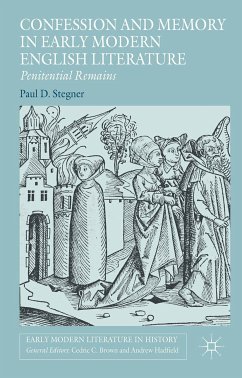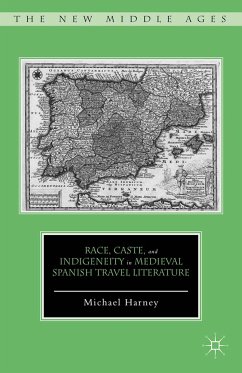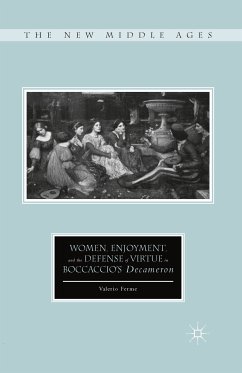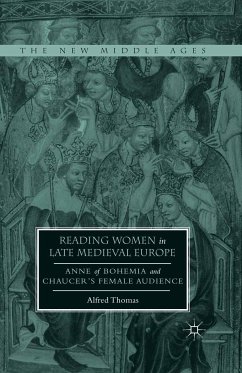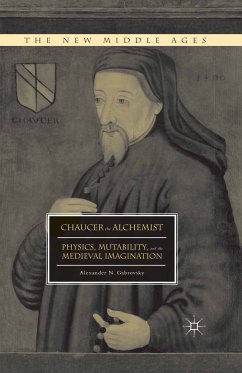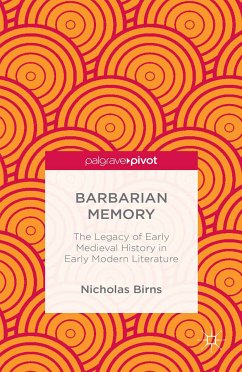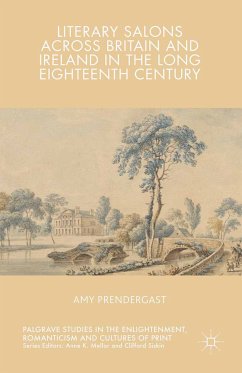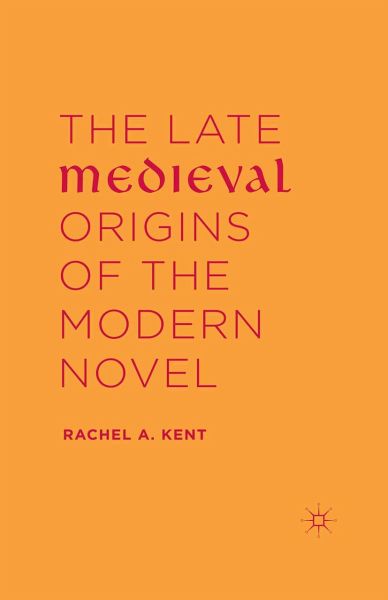
The Late Medieval Origins of the Modern Novel (eBook, PDF)
Versandkostenfrei!
Sofort per Download lieferbar
72,95 €
inkl. MwSt.
Weitere Ausgaben:

PAYBACK Punkte
36 °P sammeln!
Dramatically refreshing the age-old debate about the novel's origins and purpose, Kent traces the origin of the modern novel to a late medieval fascination with the wounded, and often eroticized, body of Christ. A wide range of texts help to illustrate this discovery, ranging from medieval 'Pietàs' to Thomas Hardy to contemporary literary theory.
Dieser Download kann aus rechtlichen Gründen nur mit Rechnungsadresse in A, B, BG, CY, CZ, D, DK, EW, E, FIN, F, GR, HR, H, IRL, I, LT, L, LR, M, NL, PL, P, R, S, SLO, SK ausgeliefert werden.



